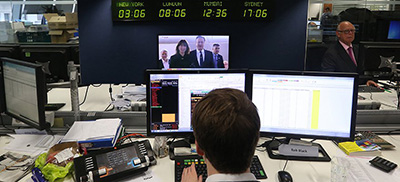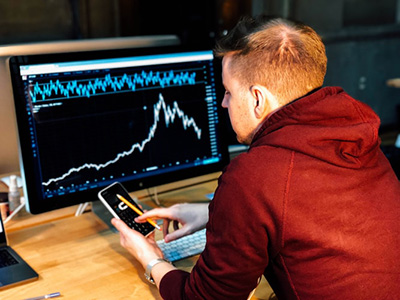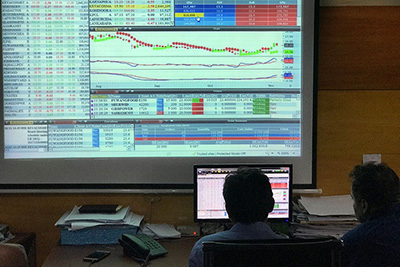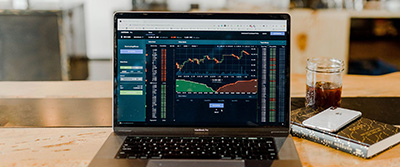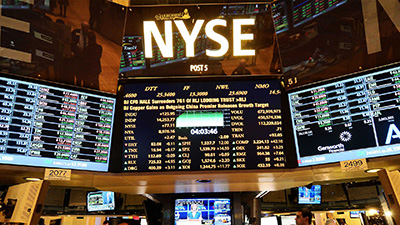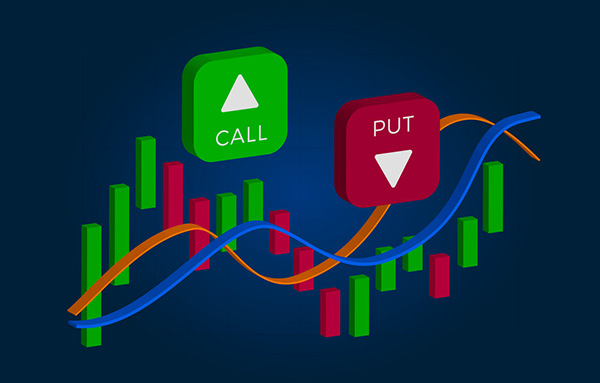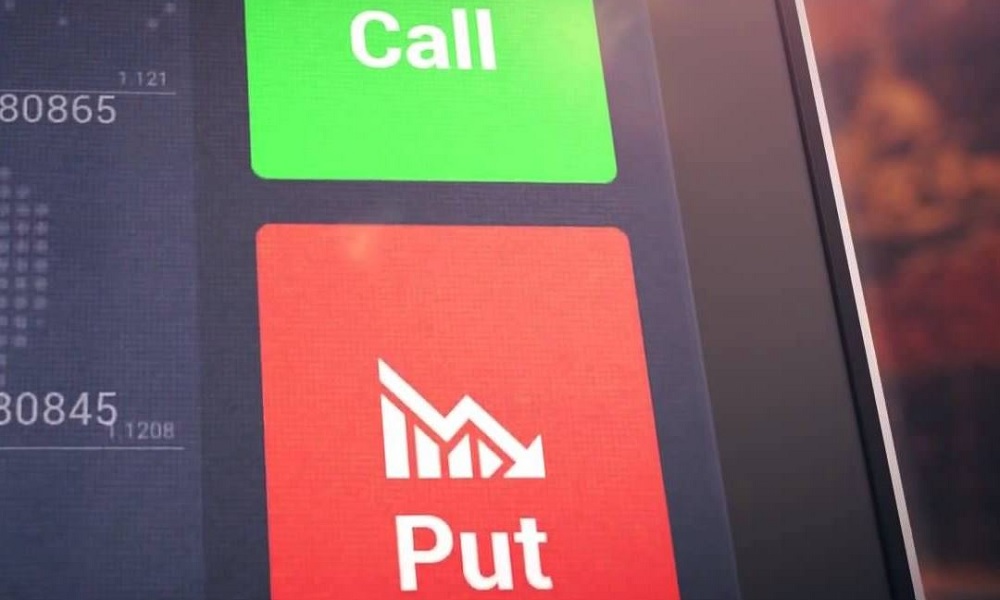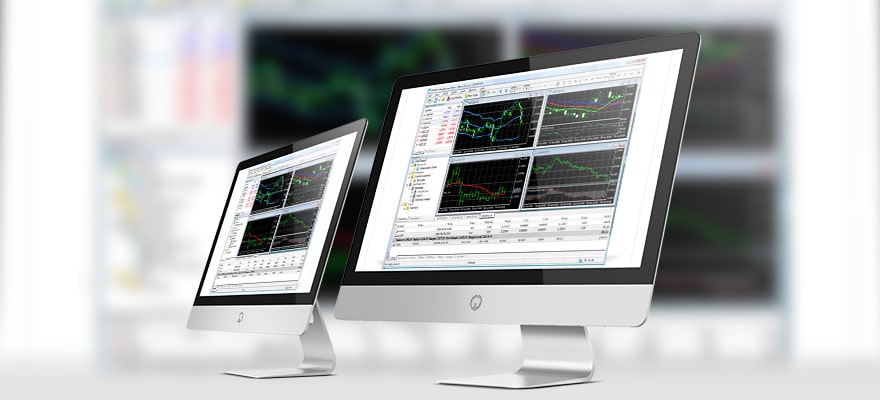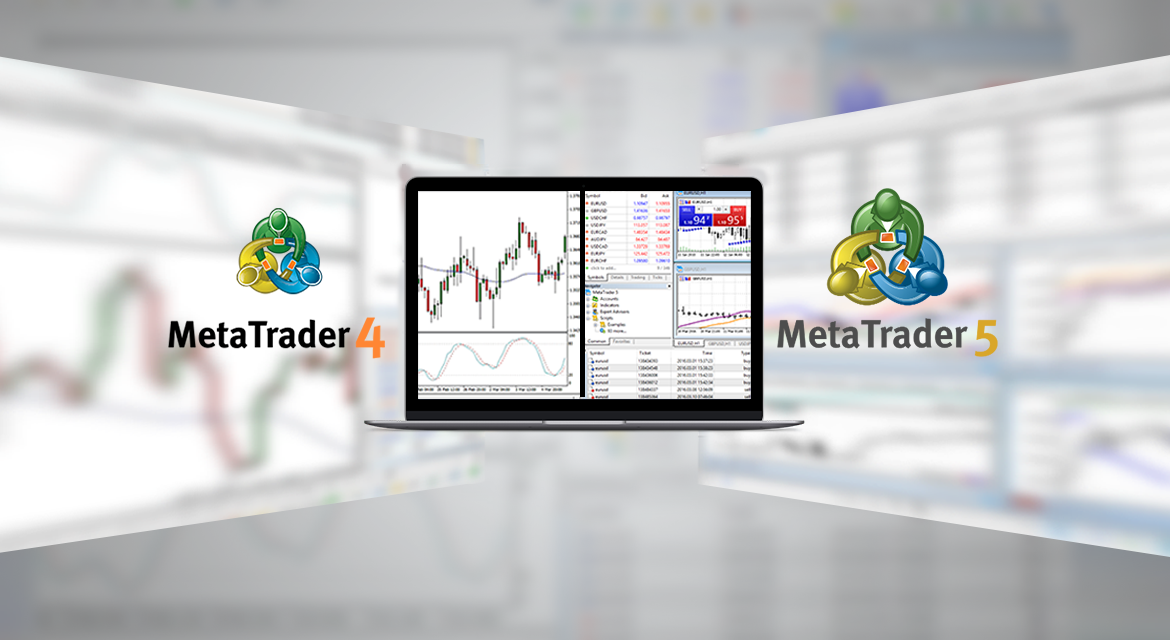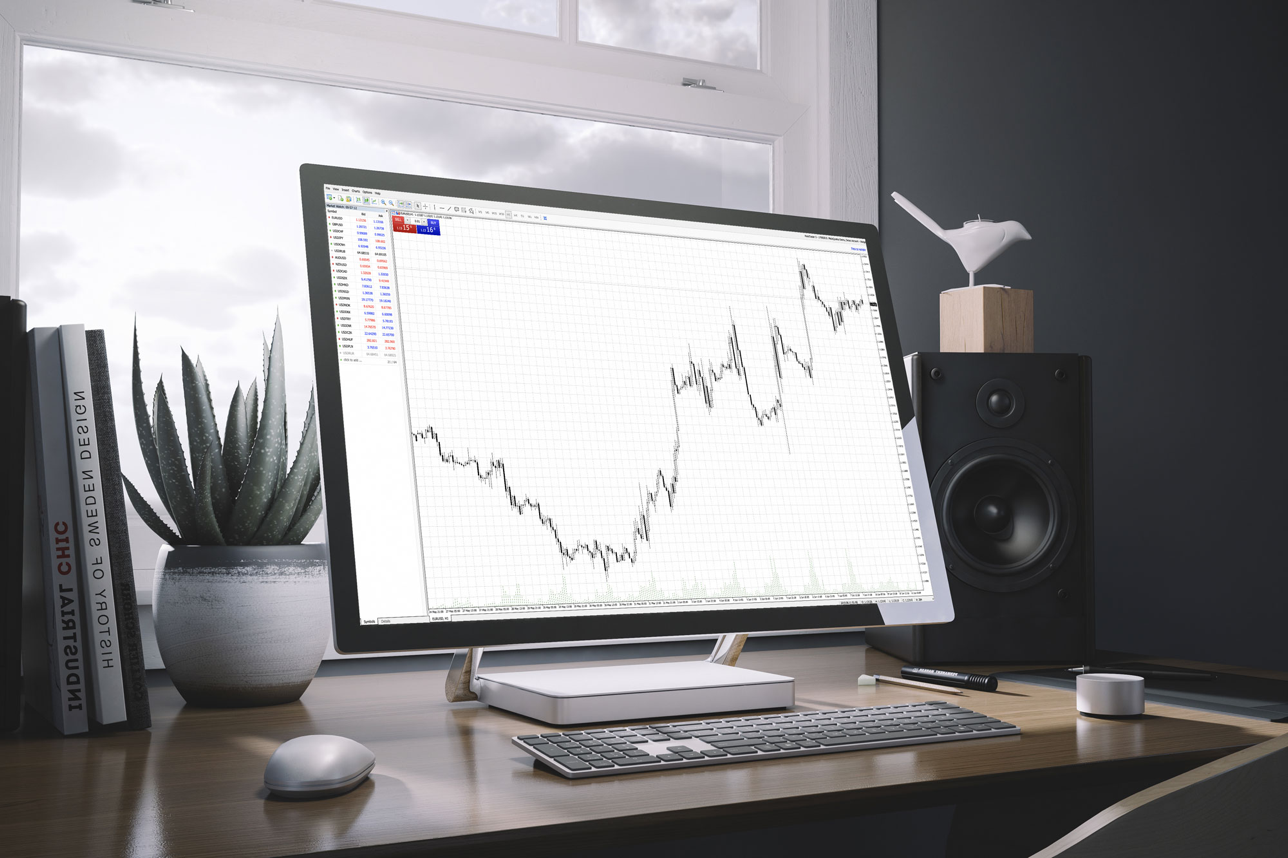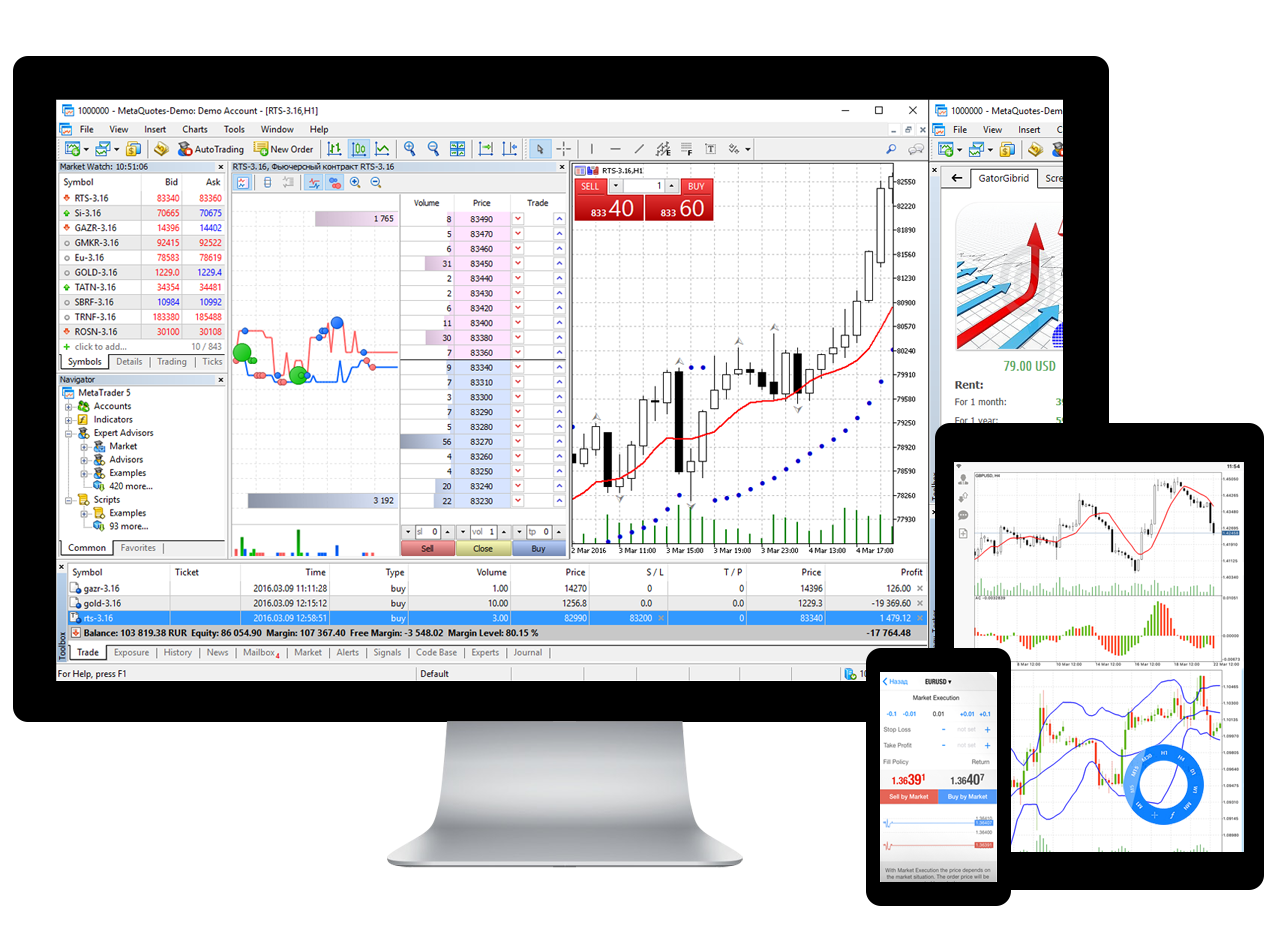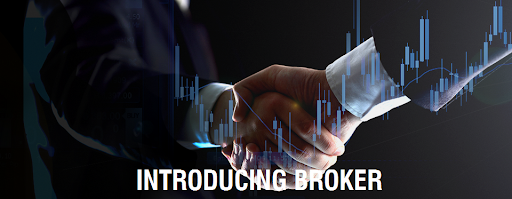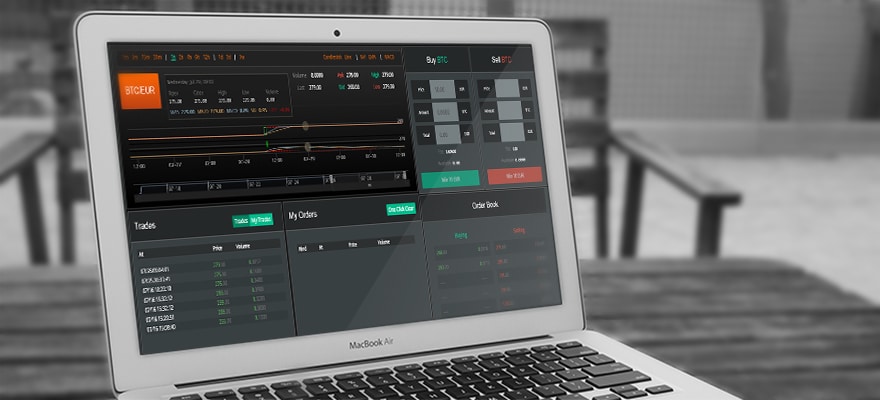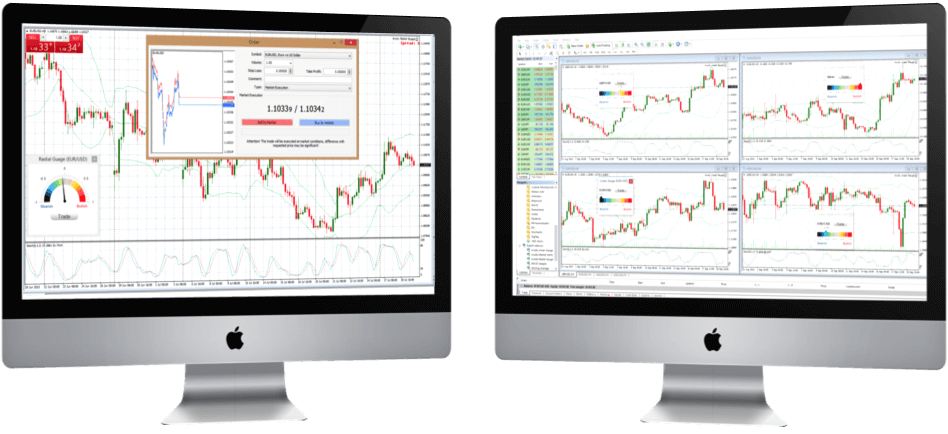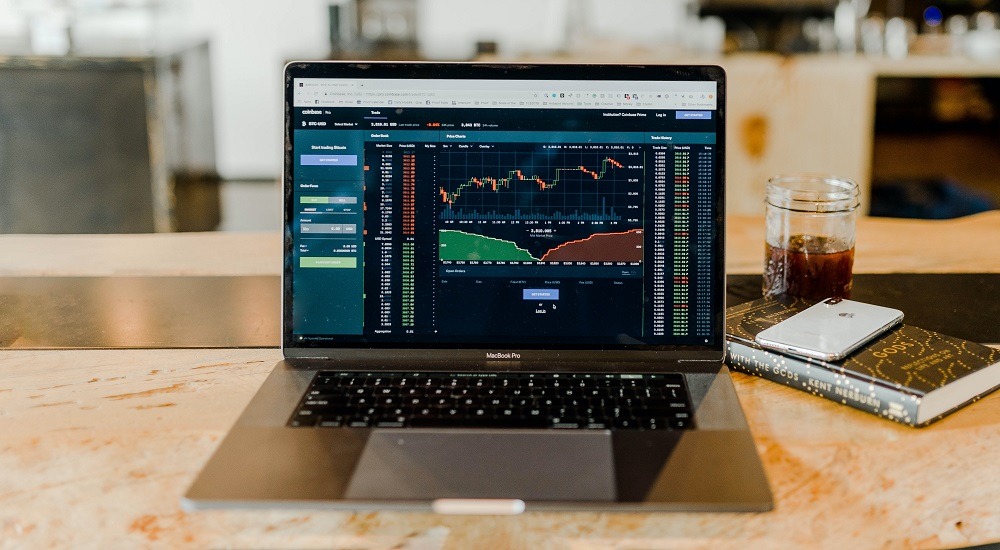
How does White Label work?
White Label is a huge improvement over IB. According to NFA terminology, White Label refers to the practice of renting a trading platform that carries the tenant’s symbolism to transfer client transactions from the tenant to the owner of the trading platform. A client who trades through the White Label platform may not even suspect that his transactions are executed not by the broker whose logo he sees in the trading terminal, but by the prime broker who is the owner of the trading platform. This is because all the work of attracting and working with clients is performed by the White Label buyer on behalf of his brand, and the technical side of order execution and administration of the trading platform is performed by the White Label seller, who will be the prime broker for the buyer.
With regard to the receipt of cash from customers, in practice there are two main options. The first is that the White Label buyer leaves the platform supplier the receipt and payment of funds from their traders. This option is usually used when the prime broker has obviously greater reliability in the eyes of traders than the recently registered buyer company White Label. In the event that an existing stock broker deploys his activities in the forex market, he independently carries out financial transactions with his clients, settling with a prime broker through an account opened with the latter.
Book a
Book A means the type of execution of client transactions, in which the broker is only an intermediary and the client displays transactions (or, as they say, hedges) through a liquidity provider or prime broker. Unlike the stock market, where participants trade among themselves, the forex market is an OTC market. This means that the final counterparty for clients is either the forex broker itself or its liquidity provider in the person of a bank, prime broker or aggregator of banks and prime brokers. Thus, working on Book A, the forex broker does not take the opposite side of the transactions of its clients and is only able to earn its margin on the spread (markup). In fact, this is the same scheme as the remuneration of the introducing broker from the turnover, with the only difference being that the White Label buyer can regulate his trading conditions himself, thereby changing his margin. Given the significantly increased costs compared to IB, such a business model is not viable in the long run, and its existence is determined solely by the desire of forex brokers with a full trading platform license to attract additional customers under the guise of the new White Label. After all, the trading conditions of the White Label buyer are always worse than those of their supplier (usually another Forex broker!), And the rate of return is less.
Book b
Book B means the type of execution of customer transactions, in which the forex broker is a counterparty to its customers and executes customer transactions at real quotes received from banks and liquidity providers. Sometimes Book B is confused with unethical deterioration of trading conditions by unscrupulous brokers, which is not true. Rather, Book B can be compared to accepting bets at a bookmaker – a broker can win from a client, or can lose to him, but if the transaction is conducted at market quotes, everything is fair.
The analogs with the bookmaker business are not accidental – Book B’s profitability scheme is not inferior to either the bookmaking business or slot machines, and it is through this scheme that forex brokers earn the lion’s share of their income. Oddly enough, this scheme of work is much less common among White Label forex brokers, and there is a simple explanation for this. The reason for this is that the vast majority of White Label sellers are existing forex brokers who themselves work according to the Book B scheme! For them, offering such a scheme to White Label customers means pulling money out of their pocket and putting it in the pocket of their direct competitors.
From the foregoing, the only true and concise solution follows – the best option would be to purchase a White Label from a company that is not involved in brokerage! In this case, the White Label supplier will be able to provide freedom of choice of a business model (Book A or Book B) and will be interested in the success of the White Label broker who will be a client for him and not a competitor. Frankly speaking, there are not many companies that supply White Label platforms for the Forex market and are not brokers.
One of them is WhiteLabelsFX – a provider of modern technology solutions for forex brokers.
Why WhiteLabelsFX? Assess the benefits and decide for yourself:
– The White Label pay does not change
– no documents required
– no additional fees
– at your disposal completely ready to work data price feed







